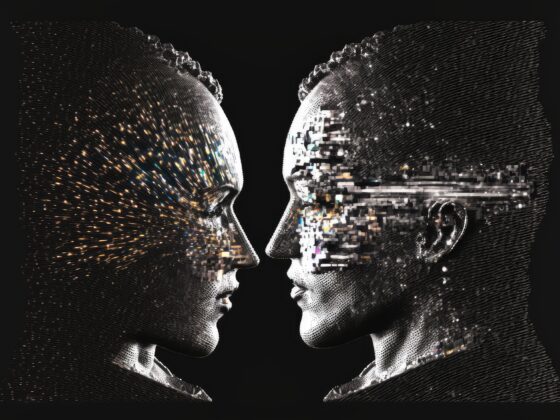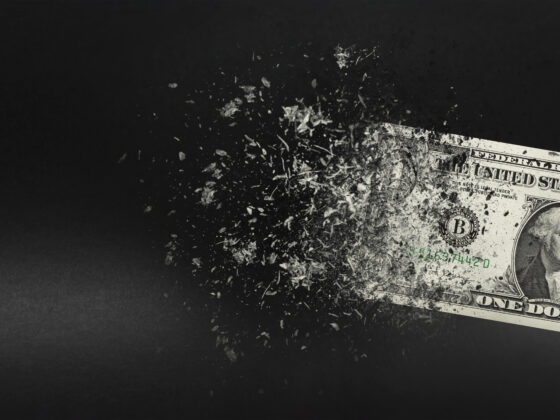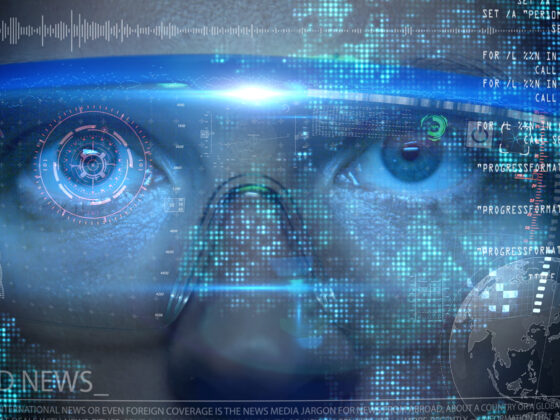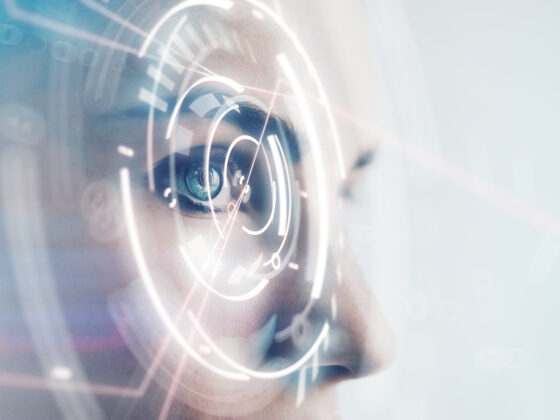Governments and airlines around the world are scrambling to develop vaccine passports to kickstart international travel. So what’s the plan? Vaccination passports would add another digital layer to the multitude of existing coronavirus health and contact tracing apps many countries and US states have rolled out.
In a March 2020 TED Talk interview, billionaire vaccine investor Bill Gates already predicted – or rather, announced – that “eventually what we’ll have to have is certificates of who’s a recovered person, who’s a vaccinated person”. And “so eventually there will be this digital immunity proof that will help facilitate the global reopening up.” The latter sentence was later edited out by the TED Talk producers, but a full audio version of the talk remained available.

This ‘digital immunity proof’ proclaimed by Bill Gates is exactly what many countries are doing right now, several governments intend to require ‘vaccine passports’ for domestic activities like our own, thus making them essentially mandatory for events.

Besides Bill Gates, another major promoter of vaccine passport’s, is former British prime minister Tony Blair, whose “Institute for Global Change” received money from the Gates Foundation.

They are advocating for “Identity for all in a digital age. As more services and transactions are digitalised, accelerated by the pandemic, the ability to prove your identity using secure digital credentials has never been more critical, enabling access to healthcare, social support and voter registration.”
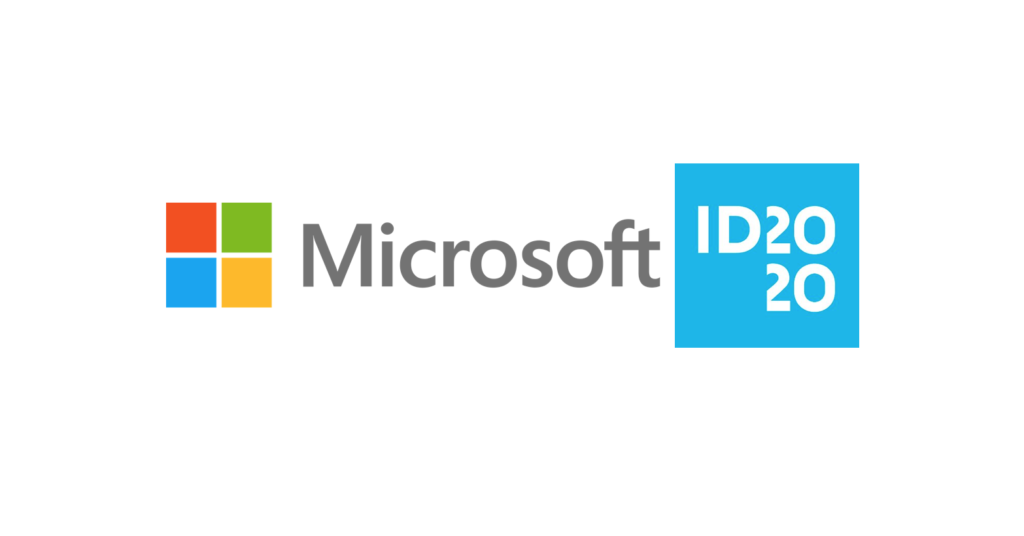
These ‘vaccine passports’ are, moreover, a key component of the biometric ID2020 project run by the “Digital Identity Alliance”, which was founded by Bill Gates – via Microsoft and the Vaccine Alliance GAVI – and the Rockefeller Foundation, and which is itself linked to the ‘Known Traveller Digital Identity’ program initiated by the World Economic Forum and the US Department of Homeland Security.
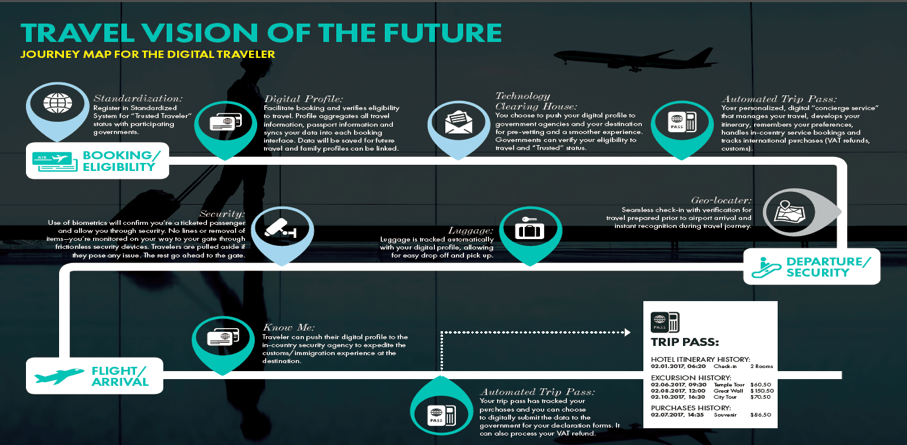
The idea of using a pandemic to impose tighter top-down control, modelled after China, was first described in a 2010 Rockefeller Foundation report (the so-called ‘Lock Step Scenario’). The Gates Foundation and World Economic Forum also sponsored the notorious ‘Event 201’ coronavirus pandemic simulation, held in October 2019 in New York, about one month after the likely emergence of the new coronavirus, but about two months before the public first learned of it.
The Gates Foundation have also sponsored Pentagon biodefense contractors “Eco Health Alliance”, which performed genetic coronavirus research together with the Wuhan Institute of Virology. And who’s purpose is to support India’s Ministry of Animal Husbandry and Dairying for establishment of National One Health Platform.

Vaccine passports are neither necessary nor useful to end the coronavirus pandemic: just like influenza, those who want to get the experimental vaccine protection can do so at anytime, but also similar to influenza, a vaccine may not protect against new virus variants or transmissibility.
The quest to give everyone in the world a form of ID inevitably has gathered energy over the past decade. In 2014 the World Bank launched its Identification for Development, or ID4D, a program that aims to improve access to the bank’s resources in areas such as healthcare.

The ID2020 alliance put out a manifesto three years ago aimed at the same goal. Massive digital ID projects have been planned or rolled out by governments in Brazil, India, Kenya, and Nigeria to name but a few.
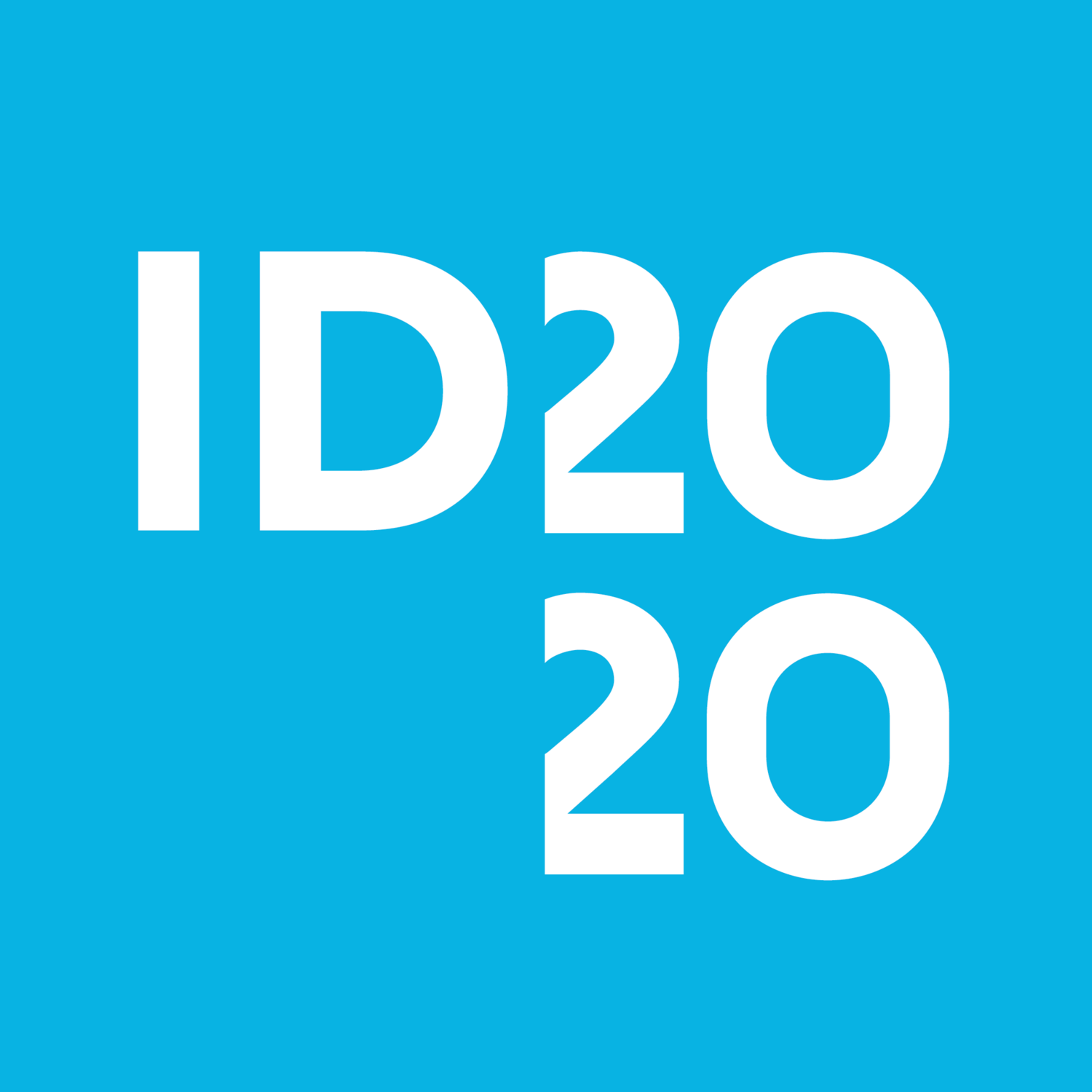
In an announcement upon the launch, ID2020 Executive Director Dakota Gruener said, “Digital ID is being defined and implemented today, and we recognize the importance of swift action to close the identity gap.” As noted in this space, immunization is serving as a platform for digital IDs, tied to birth registration and vaccinations to provide newborns with biometrically-underpinned digital identity.
Using ID2020’s biometrics to conduct an immunization identity drive will risk further breaches of privacy. Authorities can transmute biometric vaccination records into immunity passports and use them to restrict the liberties of its peoples. A prospect Elizabeth Renieris, the ID2020 adviser who resigned, called “beyond dystopian” in an essay in May of 2020.

“If they do develop a funnel for digital passports, this will automatically ‘trickle down’ and be adopted by all of the different countries,” Pointner said of those agencies. Digital passports can eventually be part of digital “identity wallets.”

Separately, Philipp Pointner, chief product officer at Jumio, predicted there will be a shift from paper and plastic documents toward digital ID verification. In discussing digital IDs with Webster, he said “that there could be a tailwind created through the global consortium of (digtial vaccine) passport-issuing agencies.”
‘In developed countries, this heightened oversight took many forms: biometric IDs for all citizens, for example, and tighter regulation of key industries whose stability was deemed vital to national interests.’ Operation Lockstep is now playing out as planned.
‘A world of tighter top-down government control and more authoritarian leadership, with limited innovation and growing citizen pushback.’
https://twitter.com/21WIRE/status/1396060925216665602?s=20
We cannot allow them to do it.






